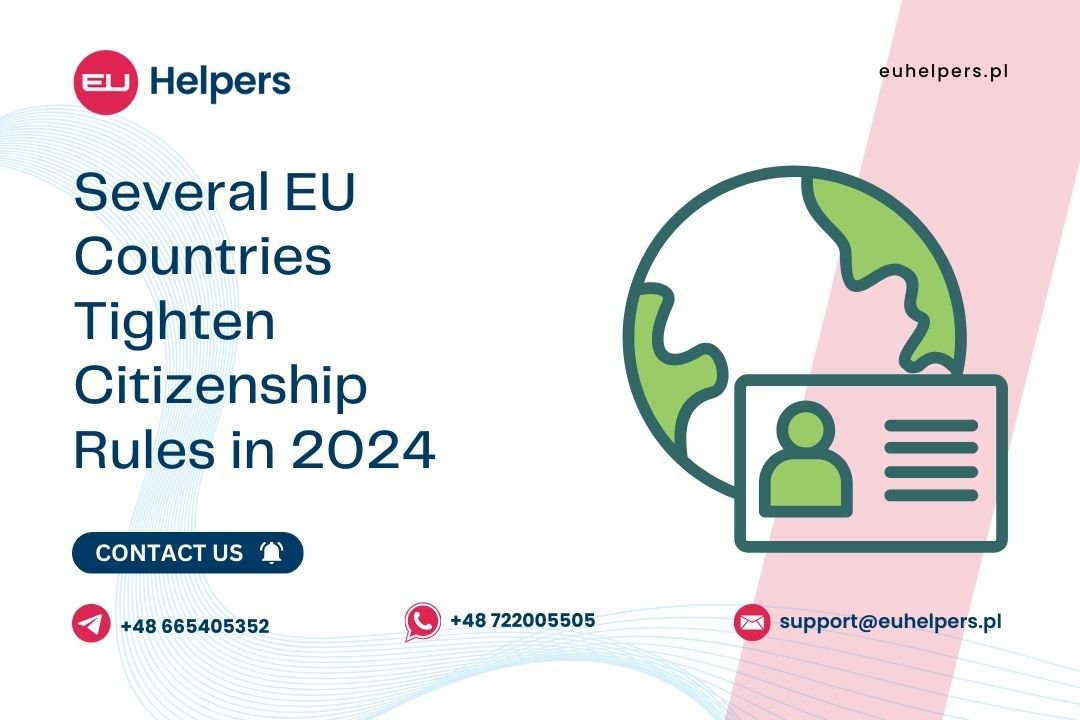In 2024, a growing number of European Union (EU) member states have implemented stricter requirements for foreign nationals seeking citizenship. These measures are aimed at reducing the risk of irregularities and ensuring tighter control over national security concerns. Poland is one of the many countries leading this movement, introducing more stringent regulations to govern the naturalization process.
Similarly, Sweden has announced significant reforms to its citizenship process. Swedish Prime Minister Ulf Kristersson, along with Migration Minister Johan Forssell, has unveiled a new set of rules aimed at tightening controls for those applying for Swedish citizenship. The updated laws, which came into effect recently, place greater scrutiny on applicants' criminal backgrounds and potential national security risks.
One of the key reforms in Sweden is a provision that disqualifies individuals with a history of committing certain crimes or those who pose a threat to the country's security from obtaining citizenship. This policy applies to anyone aged 15 and older, signaling Sweden’s firm stance on security-related concerns. Individuals with ties to dangerous groups or organizations will also be disqualified under the new rules.
In addition to criminal background checks, Sweden has extended the residency requirement for citizenship. Previously, applicants needed to have lived in the country for five years, but this has now been increased to eight years. Furthermore, a language proficiency requirement will soon be introduced, ensuring that both naturalized citizens and those born in Sweden meet specific linguistic standards.
Sweden is not alone in these reforms. Finland has also extended its residency requirement for citizenship from five to eight years, reflecting a broader trend across the region. These changes emphasize the increasing emphasis on national security and integration within the EU as countries seek to tighten their control over immigration and citizenship processes.
These developments mark a significant shift in the EU's approach to citizenship, as more countries adopt stricter measures to safeguard their national interests while ensuring that new citizens meet rigorous standards of residency, conduct, and integration.

